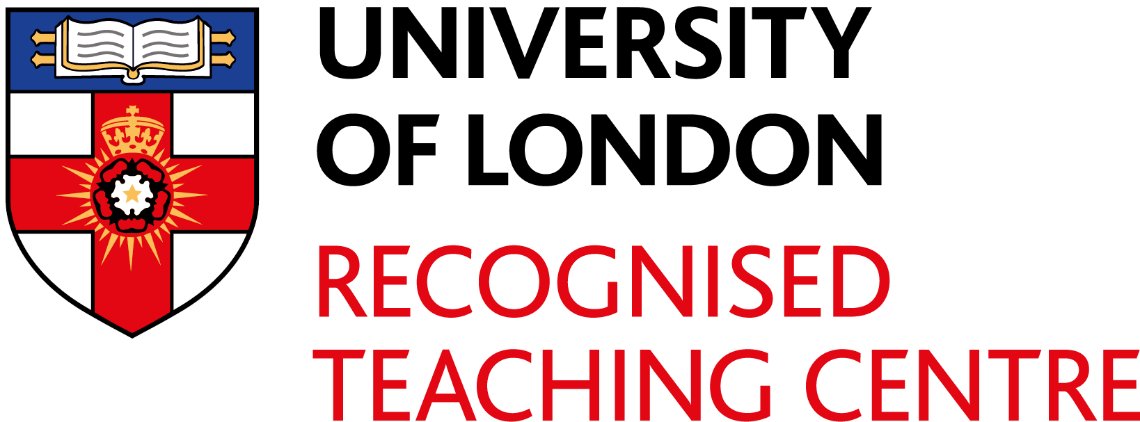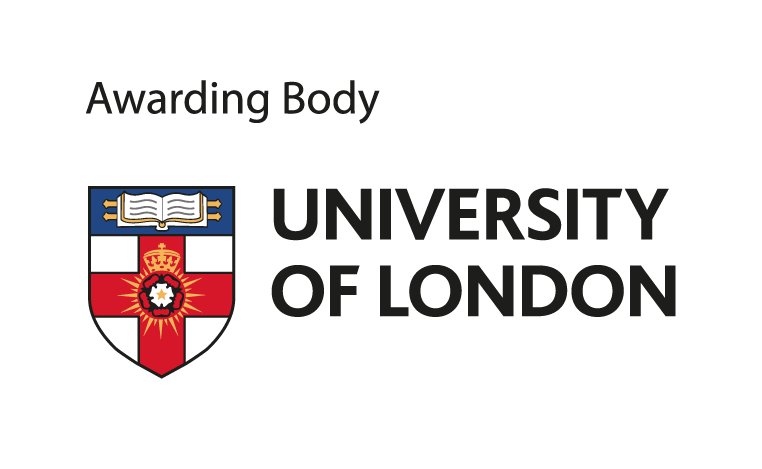


University of London Recognized Teaching Center is providing an international reputable degree in your local area. If you think you would prefer the structured study support of a traditional learning environment, you can attend classes at a Recognised Teaching Centre.
Recognised Teaching Centres must demonstrate that they meet a set of quality criteria in order to be granted, and subsequently maintain, Recognised Teaching Centre status.
Recognised Teaching Centres must demonstrate that they meet these criteria by providing appropriate evidence, and the University monitors Recognised Teaching Centres against these criteria.
As İbn Haldun University Continuing Education Center we are proud to introduce International Foundation Program and Bachelor of Laws LLB programme is now available in İstanbul, Turkey.
University of London International Foundation Programme (IFP) has been designed to ensure that you achieve high academic standards and gain the skills, knowledge and intellectual curiosity needed to succeed at university. It is one of the most widely accepted foundation programmes in the world.
IFP programme is designed to give you the tools you need to succeed at University and is widely accepted for undergraduate entry in the UK and beyond. Graduates are guaranteed entry to several undergraduate degrees offered through the University of London.
Dating back to the 1890s, the University of London LLB is internationally regarded as the ‘gold standard’. You'll develop essential skills, such as problem solving, critical thinking and self-discipline, which are highly sought after by top law firms and employers worldwide.
The Bachelor of Law (LLB) program is typically designed for individuals who are interested in pursuing a career in the legal field and have a passion for law and justice. The program is generally suited for:
Aspiring Lawyers: The LLB program is ideal for students who aspire to become lawyers, legal practitioners, or advocates, and wish to gain a comprehensive understanding of legal principles, concepts, and skills required for the legal profession.
Law Enthusiasts: The LLB program is suitable for students who have a genuine interest in law, enjoy analyzing and interpreting legal texts, and are keen on exploring the intricacies of the legal system.
Critical Thinkers: The LLB program is well-suited for students who have strong analytical and critical thinking skills, as legal studies require a systematic approach to problem-solving, logical reasoning, and legal research.
Research-oriented Students: The LLB program is suitable for students who enjoy conducting in-depth research, analyzing legal cases and precedents, and have an aptitude for legal writing and analysis.
Advocates of Justice: The LLB program is ideal for students who have a strong sense of justice, are interested in advocating for the rights of others, and wish to make a positive impact on society through the legal profession.
Future Legal Professionals: The LLB program is designed for students who are committed to a career in the legal field, including areas such as corporate law, criminal law, human rights law, environmental law, and more.
Career Changers: The LLB program may also be suitable for individuals who wish to change their career path and pursue a legal profession, leveraging their prior experience and skills in a different field.
International Foundation Programme
Most UK universities accept the International Foundation Programme for entry to many of their courses.
Students who have completed the programme have gone on to study with the University of London in the UK or in their home country and at many other institutions in the UK and around the world.
For our International Foundation Programme, you will normally:
· (IELTS) International English Language Testing System: 6 overall, with 5.5 in each sub-test (Academic or General or IELTS Indicator Online Test).
· (TOEFL) iBT Test of English as a Foreign Language (including Special Home Edition test): 87 overall, with 21+ in Reading and Writing sub-tests and 19+ in Speaking and Listening sub-tests.
Learning outcomes of the programme
By the end of the International Foundation Programme, successful students will be able to:
• demonstrate that they are familiar with key concepts from their modules;
• discuss key issue areas in the study of their modules;
• assess research practices and compare theoretical positions and contributors; and
• apply theoretical perspectives and module input to real-life situations and challenges.
Law (FP0009) Topics covered:
• Studying law: This sets the foundations for subsequent units. It considers the nature of law and why societies develop rules to enable people to live peaceably. It sets out the features that distinguish legal rules from rules of custom or morality. It also classifies English law and explains the role of the judiciary in the English legal system.
• Sources of law: In the English legal tradition, the source of a rule determines its significance and whether it might take precedence over another source (such as the UK Parliament / EU law). This unit introduces the sources of law and their significance. See how the English legal system assembled various local customs into one standardised system - the Common law.
• Precedent and Statutory Interpretation: This unit explains the operation of the doctrine of judicial precedent in the common law. The doctrine shows that legal principles made by judges in the higher courts bind all courts below in future cases of similar fact and in some circumstances, the rules of precedent require courts to follow their own previous decisions.
• Overview of criminal liability and the criminal justice system: This unit introduces the general principles of criminal liability, including what is meant by a crime. It examines the objectives of civil and criminal courts and the aims of sentencing. This unit will help you produce case notes, both as a means of learning legal principles and for preparing for the exam.
• Introduction to contract law: This unit explains how contractual terms are classified and the difference between express and implied terms. Explore the requirements for a legally binding agreement and the consequences of a breach of contract. The unit should enable you to identify legal issues in problem scenarios and apply the rules of contract law.
• Tort law: An introduction to Tort law and, specifically, the tort of negligence. Discover the aims of tort law and the types of harm for which it provides compensation. Examine the elements of a claim in negligence and the operation of the doctrine of precedent to apply and further consolidate the legal skills you have developed.
Assessment: Unseen written exam (Two-hours 15 minutes).
